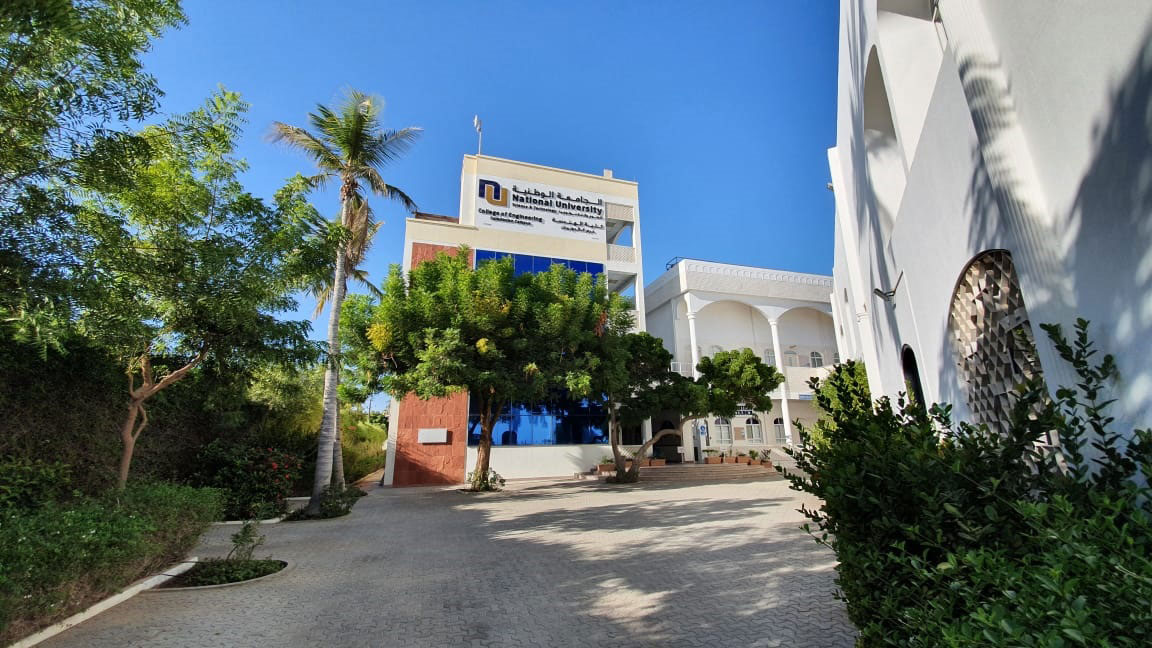The College of Engineering has various mechanisms of academic advising and support systems provided to assist students in achieving their educational goals.
The college has established a dedicated student advisory system, called Academic Advisory System (ACADS), to monitor the academic progress and performance of students. It provides academic guidance and counselling to students in terms of academic performance, class attendance, participation in co and extracurricular activities, career opportunities and job prospects.
Each student is assigned with an academic advisor who will regularly meet the student advisees, discuss student performance and identify any problems they may face. The minutes of meetings are available in the college ERPS. The academic advisory system also generates mid-semester performance reports which contain assessment outcomes and % attendance by the ninth week of the semester. Academic advisors distribute these midterm performance reports, counsel weak students whose academic progress is not satisfactory and then appropriate academic support is provided to these students by respective advisor/tutors to improve their performance in future assessments.
Student Excellence Group (SEG) is an additional informal mechanism available where academically bright students are identified by tutors to provide support to weaker students in selected modules every semester. Students who are at risk of not successfully completing their programs, especially those who are not successful even after repeated attempts in the final examinations and those with an unsatisfactory overall performance are identified at the assessment boards and such cases are referred to HoDs for targeted counseling, advice and further support.
Special support classes including one-to-one sessions are arranged by tutors for re-sitting students who have failed the final examination. This gives them an opportunity to refresh their understanding of topics and to clarify any doubts in the respective modules. Re-sit support class schedules are prepared and published by academic departments every semester which is communicated to staff members and students and also displayed in the college visual displays and notice boards.
College of Engineering regularly evaluates the effectiveness of the academic support services offered to students through various mechanisms including surveys, feedback and input from various committees. As part of the review mechanism, regular surveys are conducted to analyse students’ satisfaction with facilities such as laboratories, classrooms, library resources and IT Support. The recommendations that emerge from the analysis of these surveys are then forwarded to respective departments for their action.
In addition to the surveys conducted, further feedback on various academic support services is obtained through student advisory council (SAC), student satisfaction survey (SSS), student online complaint system, student staff consultative group meetings (SSCG) and through the student representatives in various college committees such as program boards, learning and teaching committees, library advisory committee and the academic council.
Student staff consultative group which is chaired by students themselves is a robust mechanism for the students to give their feedback on learning processes. This group communicates through the class representatives to collect the inputs and feedback from students from each class of different programs and levels. All the inputs and comments are collated and presented at SSCG meeting in the presence of Head of the Department, Program Leaders and Module Tutors appointed to attend the meeting. Appropriate actions are initiated on the discussion points as applicable and communicated to respective staff in-charges or concerning departments.


